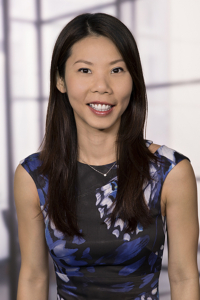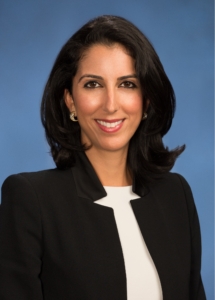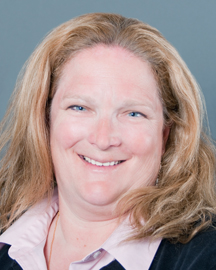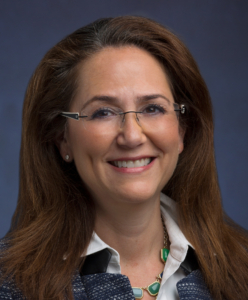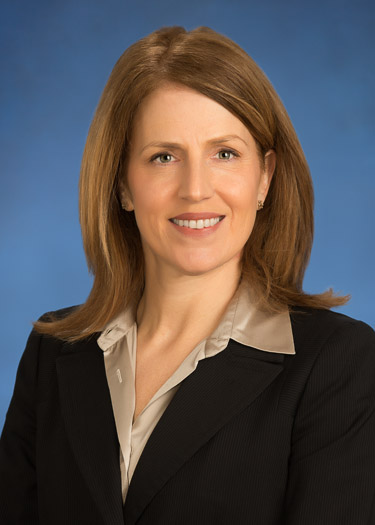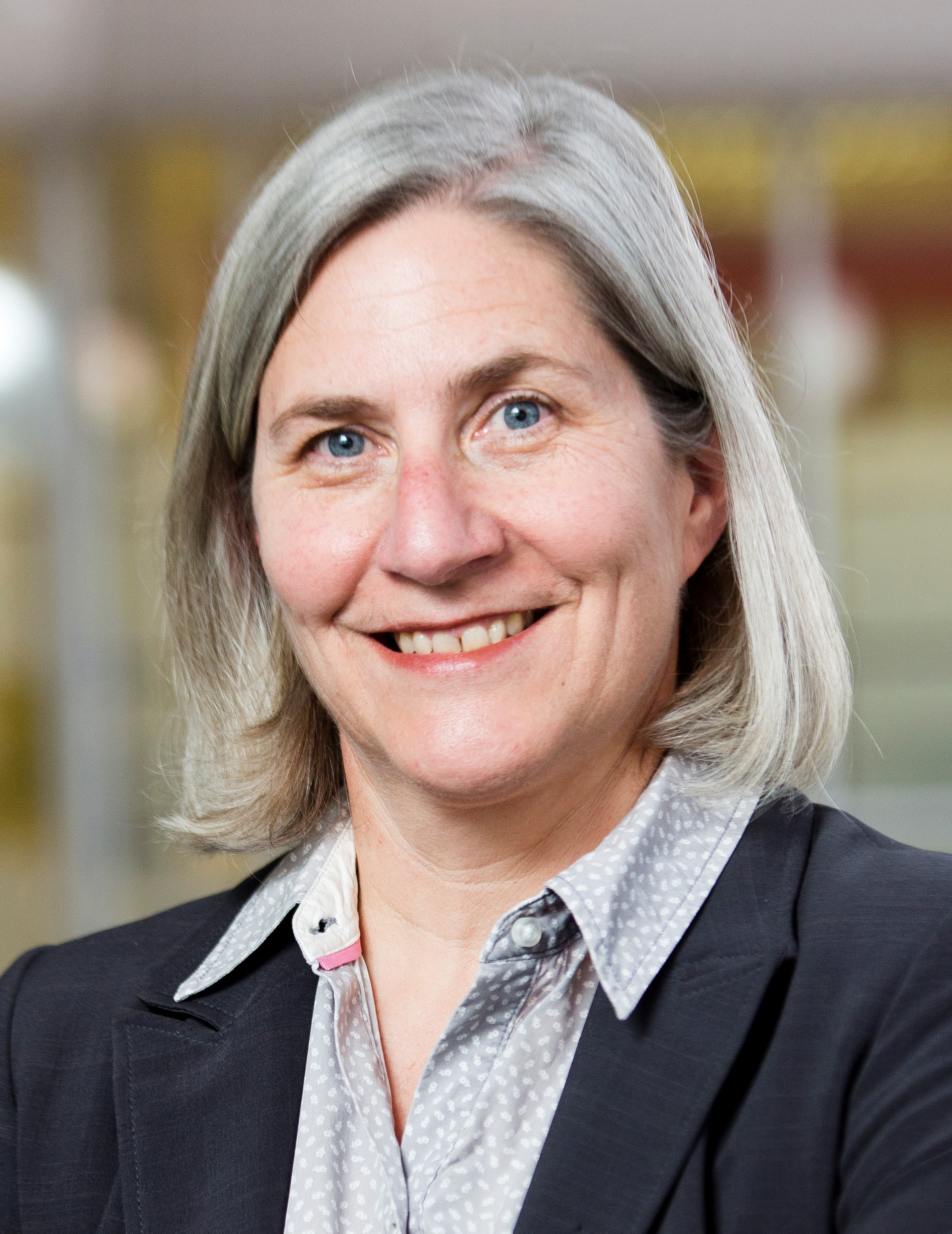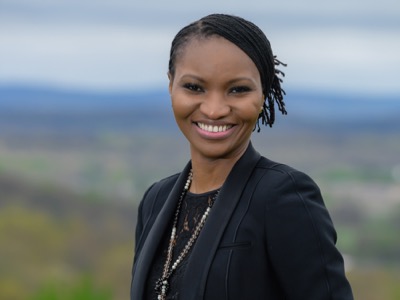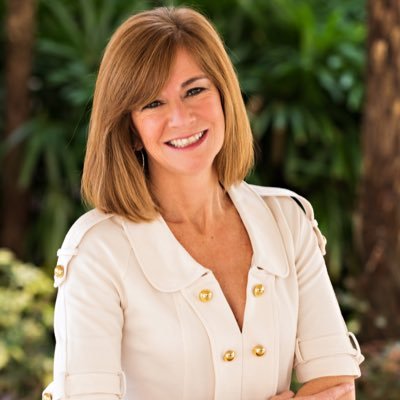Women excel at the one-on-one relationship-building style of networking, which PwC’s Sue Ann Khoo sees as an advantage as she looks back at her career. “I wish I had believed in myself more at first, but when I realized the advantages to being both a woman and able to understand a different culture, it was a huge boost to my career, given the growing number of clients from Asia, many of whom are women as well,” she says, referencing the often-heard “glass” ceiling and “bamboo” ceiling that women and Asians have to break through to succeed in their career.
She advises women never to say no to opportunities, even if they are outside your comfort zone, because that is how you grow. “You have to be brave to ask for what you want because what’s the worst that could happen?” she asks.
A Cross-Cultural Career
A Malaysian native, Khoo completed her university studies in Australia, then returned to Malaysia where she started her career with PwC. After four years she moved back to Australia and has been there 11 years.
In addition to providing tax advice to foreign companies investing in Australia and Australian companies investing overseas, she leads the Southeast Asian desk in Australia.
“Since Australia, a transparent market, is able to produce attractive yields in the current environment, it’s exciting to help new and existing clients invest in areas such as property, healthcare, agriculture, infrastructure and more,” she says. In return, there are significant opportunities for Australian businesses to invest in Asia with the growing middle class population, in sectors such as education, financial services, healthcare and infrastructure.
In her role as the Southeast Asian desk leader, she regularly engages with Australia and South East Asia government including Ministers and Ambassadors and CEOs of private sectors to drive engagement between Australia and South East Asian businesses.
“There is a need to understand the different ways of working interculturally, so leveraging my knowledge of both Asian and Australian cultures helps bridge the divide,” Khoo notes.
Growing Gender Diversity
While she is proud of becoming a partner in 2016, Khoo considers her most acclaimed professional achievement to be the opportunity she has to mentor women of diverse backgrounds and watch them progress.
“It’s important to surround yourself with mentors who believe in you, even sometimes who believe in you more than you believe in yourself, which gives you the opportunity to succeed,”
she says, a role she is now able to fulfill for the next generation.
Diversity is an important part of PwC Australia’s strategy. With a stated target for the new partners of 40/40/20 – as in, 40 percent male, 40 percent women, and 20 percent either; and 20 percent of partners of diverse cultural background, PwC has attained those numbers for the second year in a row with its current roster of 40 percent female partners and 22 percent who are culturally diverse new partner admissions in 2017. It’s an important initiative to focus on, says Khoo, because she has been surprised at the lack of diverse senior leaders in corporate Australia.
Besides the lack of female role models in Australia, she believes part of the reason is due to the expense of childcare in Australia, one that families in Malaysia often don’t have to shoulder as grandparents are culturally more involved in raising grandchildren , an arrangement that is less prevalent in Australia.
“In Malaysia, many partners and clients in leadership positions were women, and from the start I saw how they were able to balance work and home,” she says, adding that those role models from early in her career helped ignite her determination to become a partner. She acknowledges that her journey to partnership in Australia was not an easy one, as she had to learn the Australia way of working which is different than Asia, spurring the need to learn different styles of working which have helped her cross culturally.
Among the leadership programs that have helped nurture her leadership abilities are the PwC Leadership Talent Pool, designed to offer professional development for directors on the partnership track, and Asian leadership programs such as Asialink Leaders Program and Australia-ASEAN Emerging Leaders Program (A2ELP). She also actively participates in both internal and external diversity events, including serving as a panel speaker for the launch of “Leading for Change, a blueprint for cultural diversity and inclusive leadership in 2016, Australia’s Human Rights Commission initiative.
In her free time Khoo enjoys yoga, which she says relaxes her and also helps her gain perspective. “Holding an uncomfortable pose in yoga is like enduring challenging situations at work,” she points out. In addition, she loves outdoor recreation in the beautiful environs of Sydney and frequently travels to see her family and friends in Malaysia.

